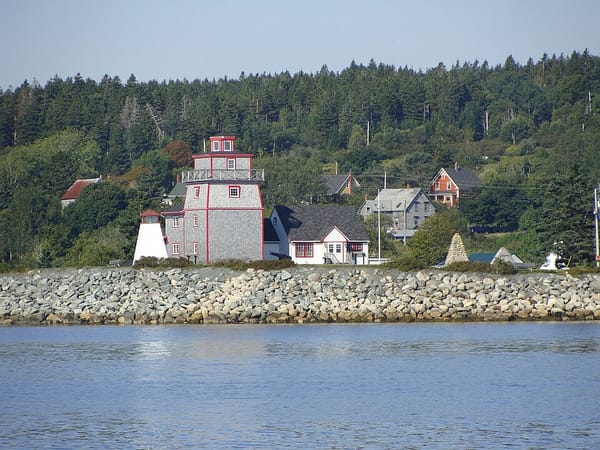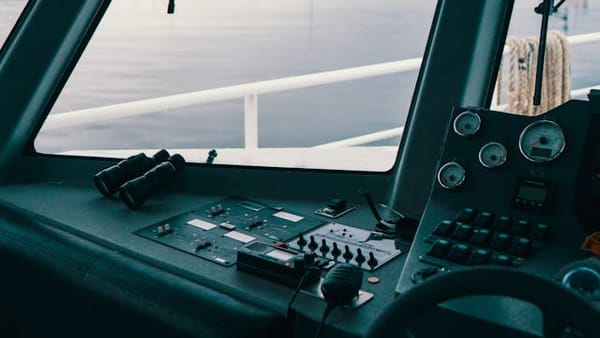Boating Safety: Tips for Boating in Rough Weather
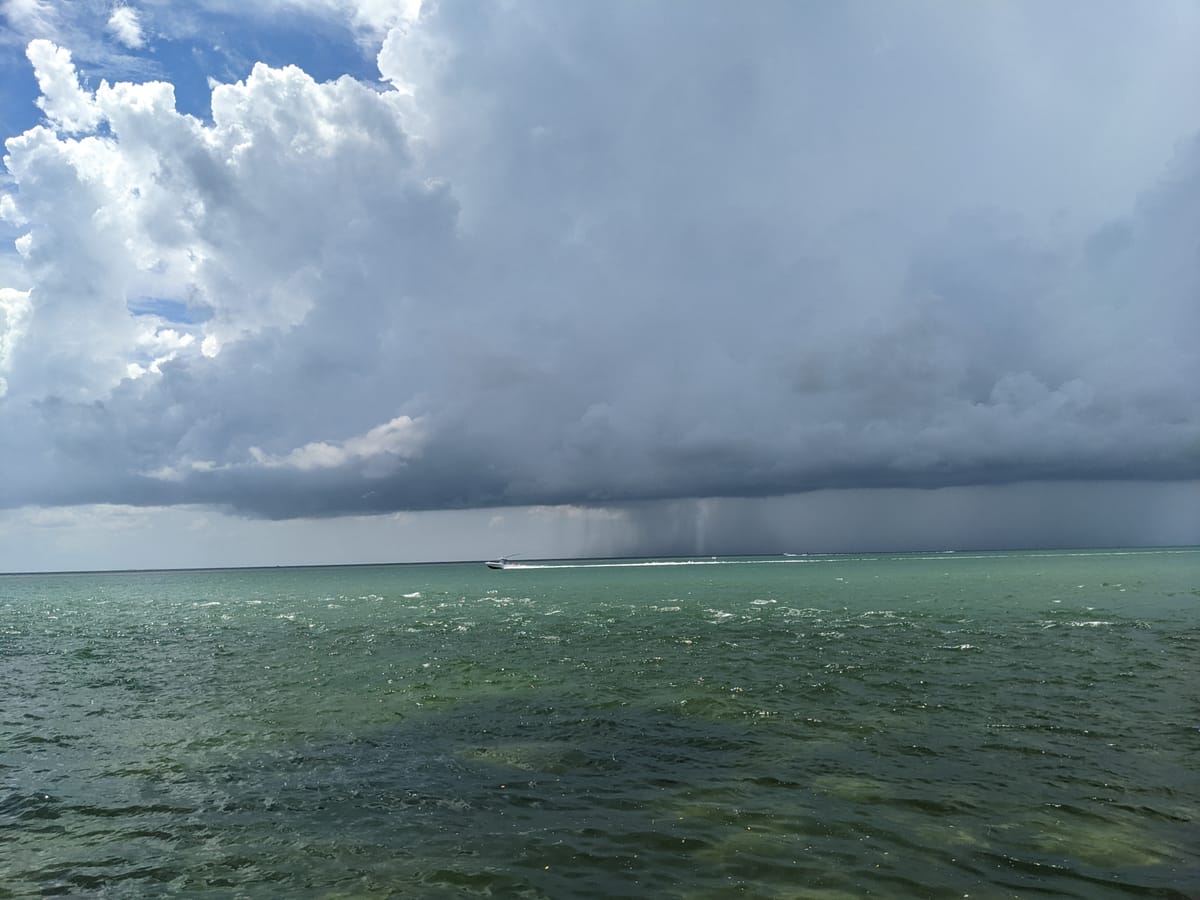
Boating is a beloved pastime that offers adventure, relaxation and a unique connection with nature and wildlife. It also presents inherent risks, especially when the weather takes a turn for the worse. Navigating rough waters requires preparation, skill and a calm demeanor.
We all want to return safely to the marina or private boat dock rental. Here are essential tips for ensuring safety and stability when boating in challenging weather conditions.
Pre-Trip Plan
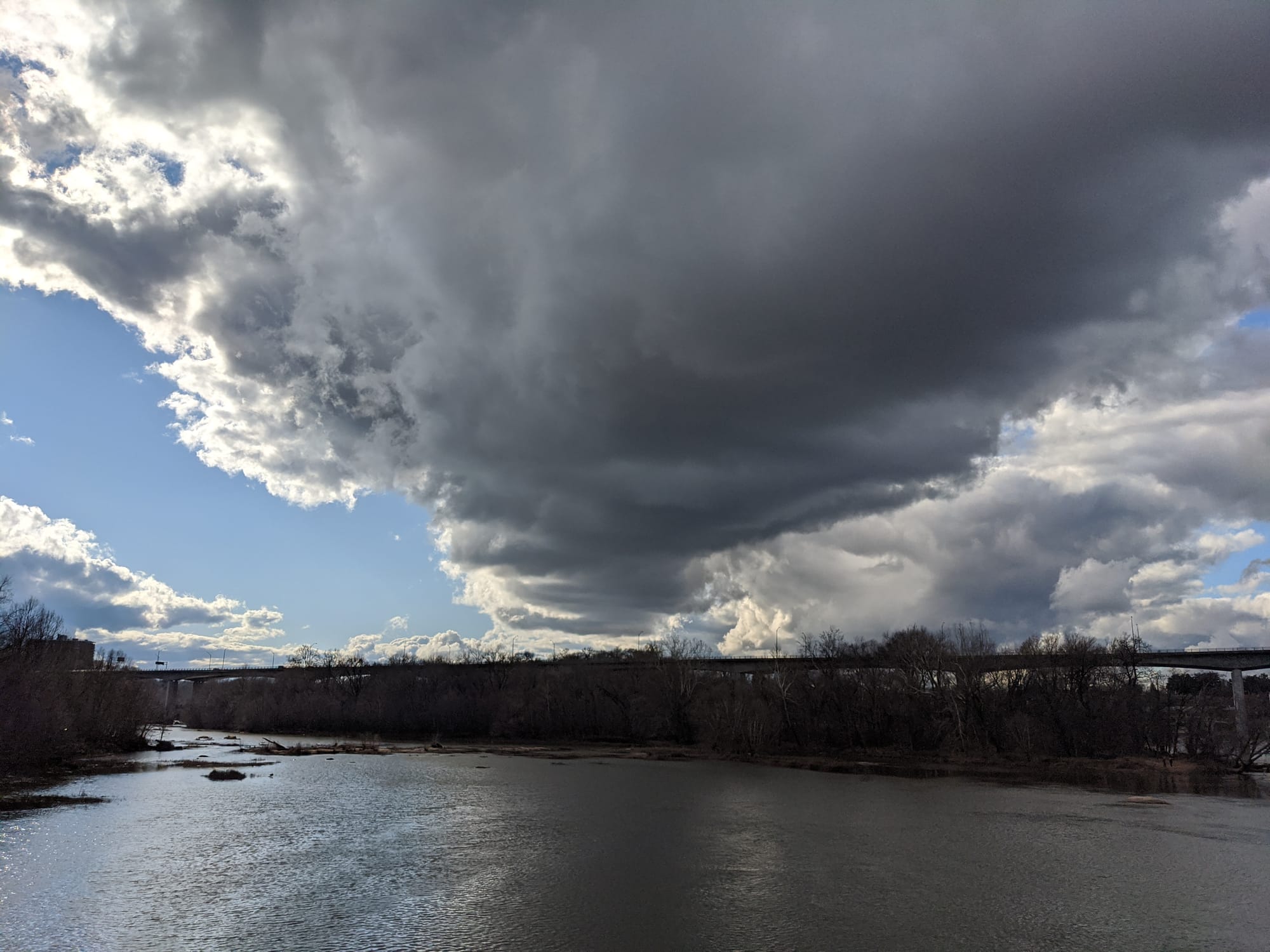
Check the Weather Forecast
Always review the weather forecast before attaching the trailer and heading out. Pay attention to wind speeds, storm warnings and any changes in weather conditions that could affect your trip.
Create a Float Plan
Having a float plan is a critical safety measure. Always inform someone onshore about your trip details, including your planned route and expected return time. This ensures that someone is aware of your whereabouts in case of an emergency.
Equip Your Boat Properly
Before leaving your private boat slip for rent, ensure your boat is in good condition and equipped with necessary safety gear such as life jackets, flares, a first-aid kit, a GPS and VHF radio and an emergency beacon.
Understand the Water
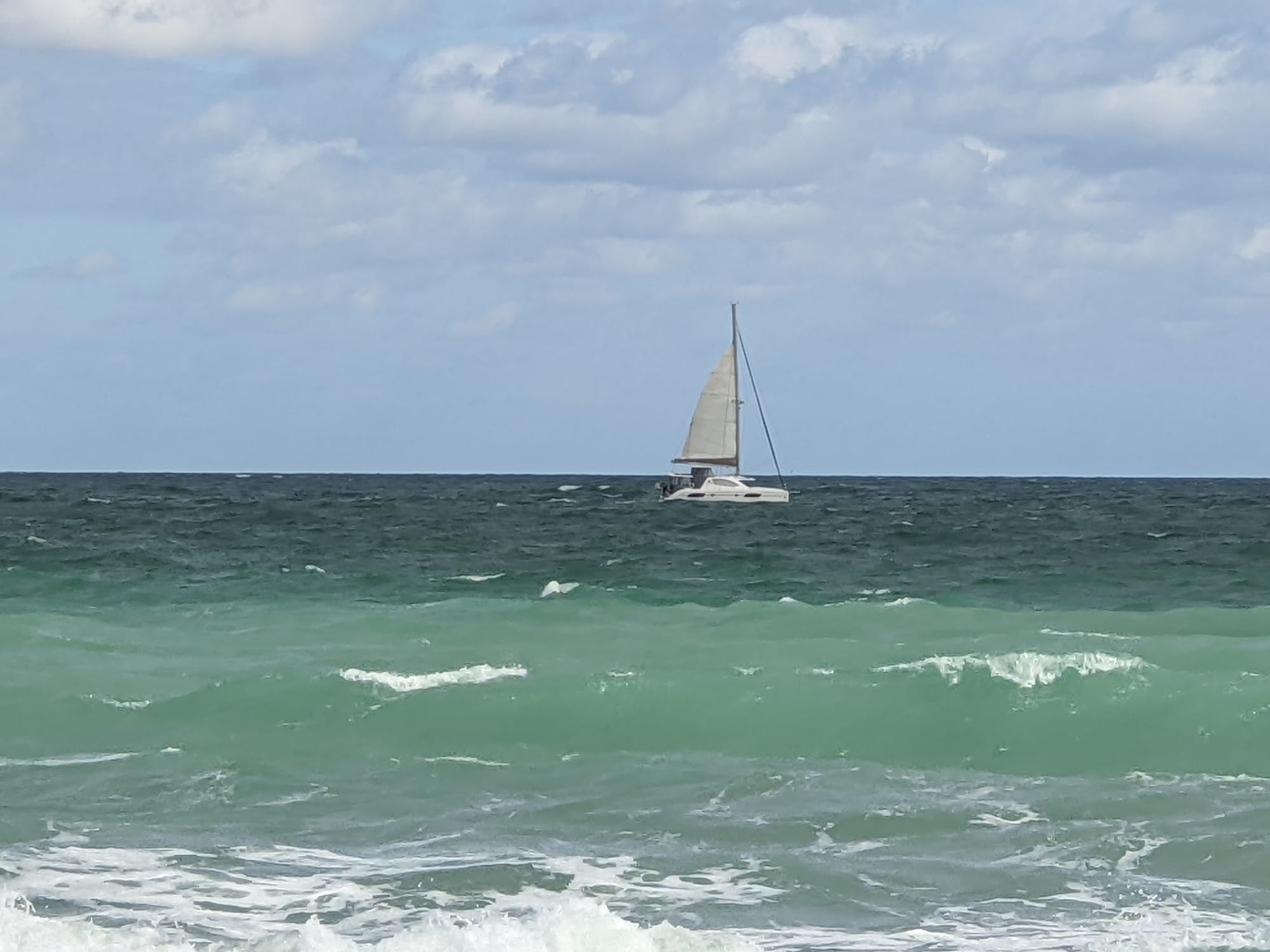
Learn to Read Waves
Recognize different wave patterns and their implications. Short and choppy waves indicate rough conditions. Long and rolling waves are more manageable. Understanding this helps in making better navigation decisions.
Adjust Speed and Course
In rough seas, adjust your speed to prevent the boat from crashing into waves. Slowing down can significantly reduce the impact of waves. Altering your course to approach waves at a 45-degree angle rather than head-on can make for a smoother ride and get everyone back to the marina or private boat lift rental safe and sound.
On-Water Strategies
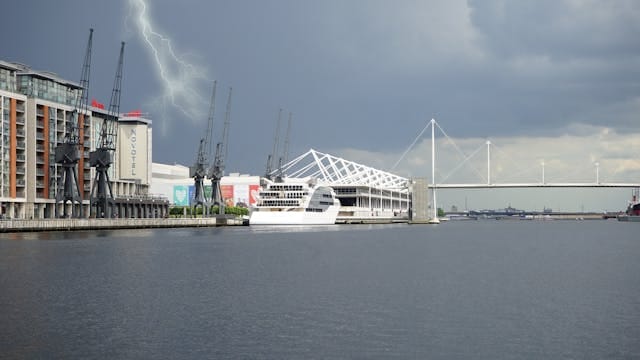
Maintain Steady Control
Keep both hands on the wheel and maintain control with smooth and steady movements. Sudden or sharp turns can exacerbate the boat's instability.
Balance the Load
Distribute weight evenly throughout the boat to maintain balance. In smaller vessels, passengers should stay low and centered to avoid capsizing.
Trim the Boat
Use trim tabs or adjust the outboard motor to change the boat's angle. Proper trimming helps the boat cut through waves more efficiently and maintains stability.
Turn on your Navigation Lights
While it may not be completely dark, a little extra light is always good. It can also alert other boaters to trouble ahead.
Safety Practices
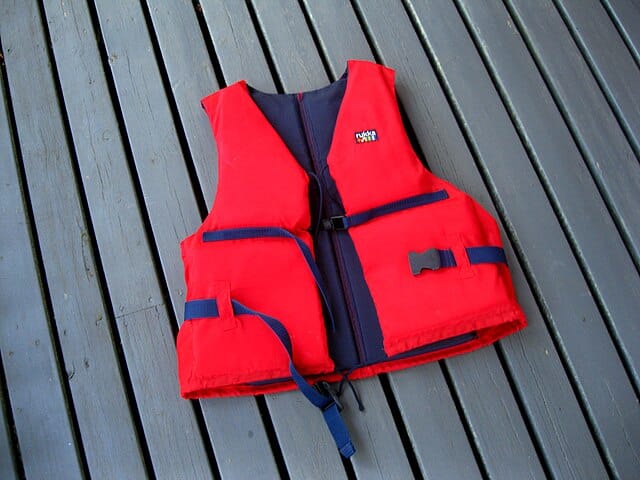
Wear Life Jackets
Before ever leaving the private boat slip rental, marina or pier, ensure that all passengers wear life jackets at all times. Rough conditions can lead to unexpected situations where immediate flotation support is critical.
Stay Calm and Communicate
Panic can lead to poor decisions. Stay calm and keep communication open with your passengers, providing clear instructions when necessary. If your guests aren't regular boaters, they may not know specific boating terms.
Use Your Radio
Keep your VHF radio on and tuned to the emergency channel. Regularly check in with nearby vessels or the Coast Guard to update your status.
Stay in the Cabin
Of course, not all boats have cabins, but if yours does, it's best to stay inside until the danger of rough weather has passed. If you and your passengers are on deck, stay low in the boat and away from electrical devices.
Emergency Procedures
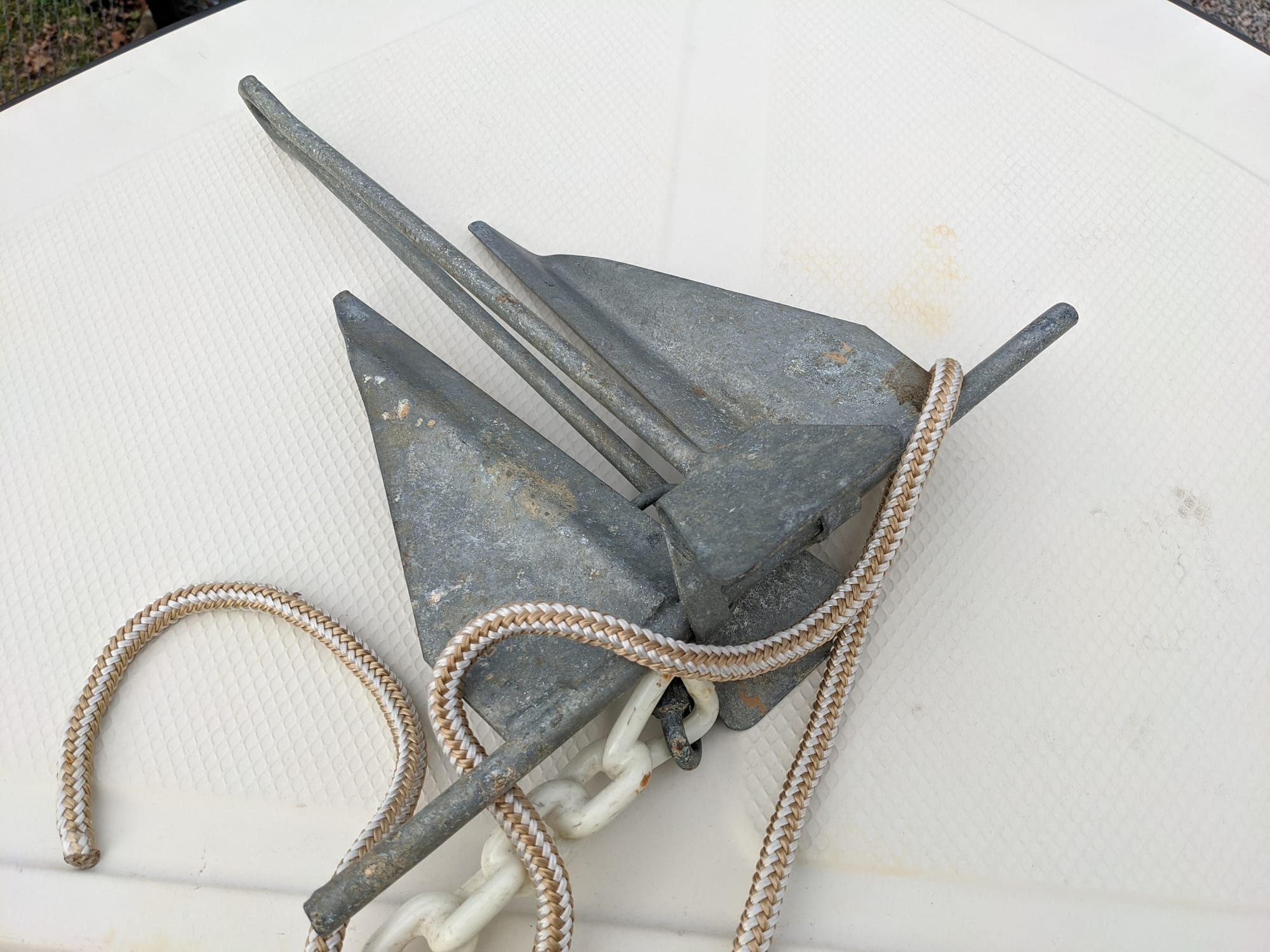
Know Your Signals
Familiarize yourself with distress signals and flares. Knowing how to use them effectively in an emergency can be life-saving.
Prepare for Man Overboard
Have a clear man overboard procedure in place. This includes knowing how to quickly stop the boat, turn around and safely retrieve the person from the water.
Anchor When Necessary
If conditions become unmanageable, anchoring can provide temporary stability. Ensure you are in a safe depth to anchor and avoid drifting into dangerous areas.
Post-Trip
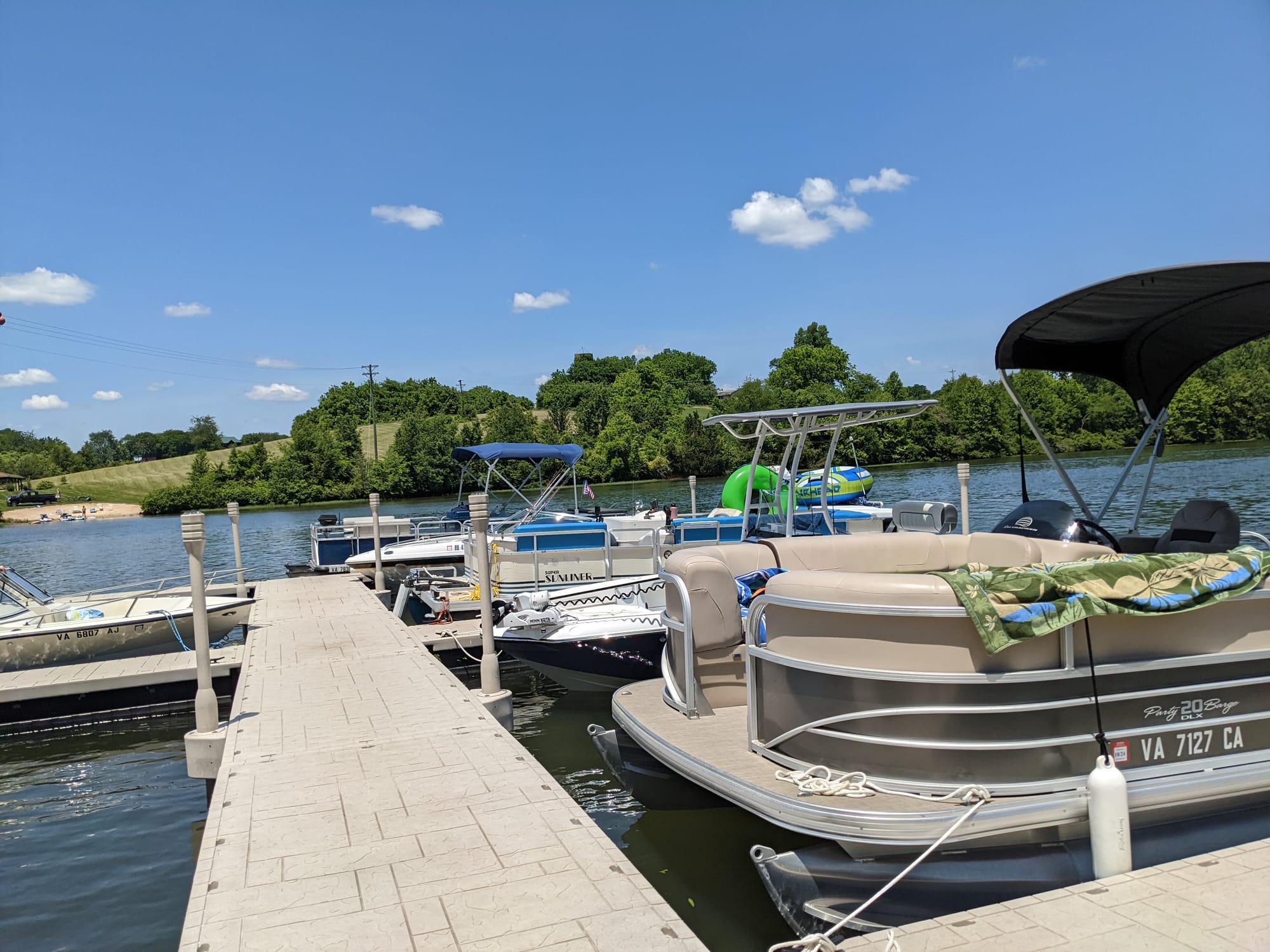
Assess Your Trip
After returning safely to the marina or private boat dock rental, review the trip to identify any challenges or areas for improvement. This reflection helps in better preparation for future outings.
Maintenance Check
Inspect your boat for any damage incurred to the hull and propeller during the trip. Perform necessary maintenance to ensure it is ready for the next adventure. You’ll also want to check for any invasive species that may have attached to your boat and thoroughly clean the boat and trailer.
Remember to have fun but keep it safe on the water. Happy boating!
